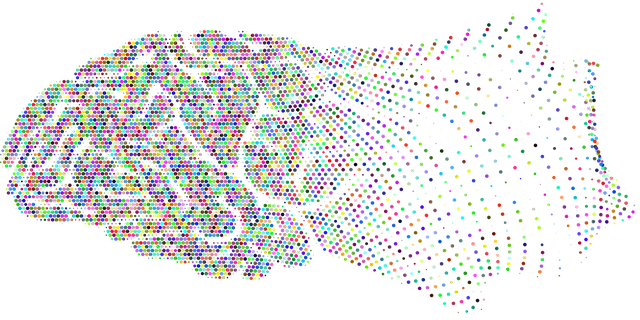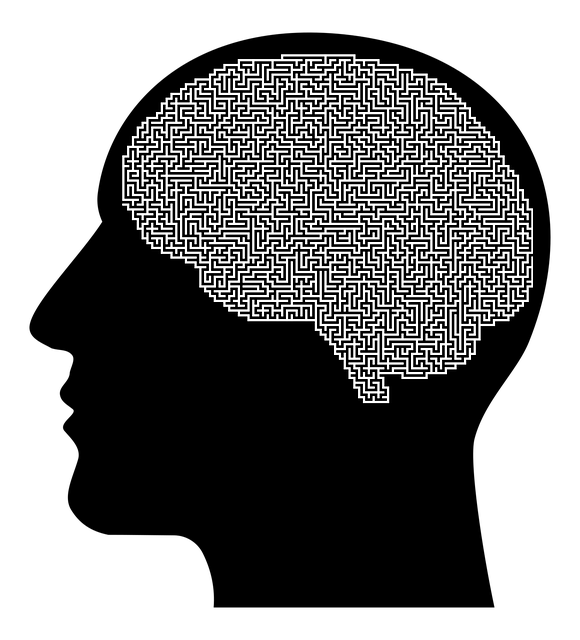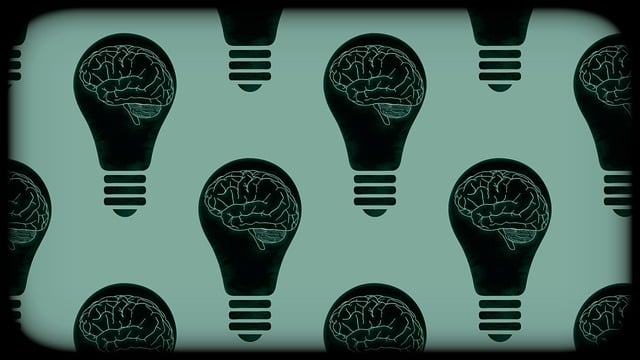Cancer in elderly individuals presents unique challenges, including frailty, decreased mobility, cognitive impairment, and social isolation, complicating treatment and recovery. Effective therapy for elders with cancer issues requires tailored crisis intervention strategies addressing multifaceted struggles. These include caregiver support, self-awareness exercises, compassion cultivation, breathing exercises, cognitive-behavioral methods, and self-care practices. Personalized care plans, integrating inner strength development, emotional healing, and social skills training, empower seniors to navigate challenges, manage stress, anxiety, depression, and advocate for their needs during treatment, ultimately promoting overall well-being (Therapy for Elders Cancer Issues).
Cancer’s profound impact on elderly individuals necessitates effective crisis intervention strategies. This comprehensive guide explores therapeutic approaches tailored to address the unique challenges facing seniors diagnosed with cancer. We delve into evidence-based practices, offering a step-by-step framework for implementing and personalizing care plans. By understanding the specific needs of this vulnerable population, healthcare professionals can provide holistic support, enhancing quality of life during treatment and beyond. Discover expert insights on navigating cancer’s complexities and fostering resilience among elderly patients through targeted therapy for elders’ cancer issues.
- Understanding Cancer's Impact on Elderly Individuals
- Crisis Intervention Strategies: A Comprehensive Guide
- Therapeutic Approaches for Effective Support
- Implementing and Personalizing Care Plans
Understanding Cancer's Impact on Elderly Individuals

Cancer can have a profound impact on elderly individuals, presenting unique challenges that require tailored crisis intervention strategies. As people age, their physiological and psychological resilience may diminish, making them more susceptible to the physical and emotional toll of a cancer diagnosis. The illness can lead to a range of issues specific to this demographic, such as frailty, decreased mobility, cognitive impairment, and social isolation. These factors often complicate treatment and recovery processes, requiring specialized care and support.
Therapy for elders with cancer issues must consider the multifaceted nature of their struggles. Public awareness campaigns and development of support systems are crucial in fostering understanding and compassion within both the medical community and the broader public. Self-awareness exercises and compassion cultivation practices can empower elderly patients, helping them navigate this difficult journey with enhanced resilience and a sense of agency.
Crisis Intervention Strategies: A Comprehensive Guide

Crisis Intervention Strategies offer a vital safety net for individuals facing overwhelming situations, especially those dealing with cancer and its aftermath. When it comes to therapy for elders with cancer issues, these strategies are instrumental in providing immediate support and guidance during crises. The goal is not just to stabilize but also to empower individuals to navigate challenging circumstances effectively.
A comprehensive guide to crisis intervention includes techniques tailored for specific concerns like burnout prevention among caregivers, addressing anxiety relief through breathing exercises and cognitive-behavioral techniques, and promoting self-care practices as a proactive measure against stress. By combining these approaches, individuals can build resilience, fostering both short-term recovery and long-lasting coping mechanisms.
Therapeutic Approaches for Effective Support

When providing crisis intervention for elders facing cancer issues, therapeutic approaches play a pivotal role in delivering effective support. Psychology and counseling techniques offer a range of strategies to help individuals cope with the emotional turmoil that often accompanies a cancer diagnosis. One such approach is inner strength development, which focuses on helping seniors tap into their inherent resilience and resources. By fostering a sense of self-efficacy, elders can better navigate the challenges ahead, enhancing their ability to manage stress, anxiety, and depression.
Complementing this is emotional healing processes that address the profound psychological impact of cancer. Techniques such as cognitive behavioral therapy (CBT) help seniors reframe negative thoughts and beliefs, fostering a more positive outlook. Additionally, social skills training can facilitate meaningful connections with family, friends, and support groups, reducing feelings of isolation and promoting social integration. These therapeutic methods not only empower elders but also provide them with the tools to advocate for their needs during treatment, ultimately enhancing their overall well-being.
Implementing and Personalizing Care Plans

Implementing care plans tailored to individual needs is a cornerstone of effective crisis intervention in therapy for elders facing cancer issues. Each senior’s journey is unique, and their care should reflect this. Professionals must facilitate a collaborative process where the elderly patient and their family actively participate in designing a plan that aligns with their preferences, values, and goals. This personalization goes beyond medical treatment; it encompasses emotional support, practical assistance, and coping strategies to navigate the challenges of cancer diagnosis and its aftermath.
A well-personalized care plan can significantly reduce the mental illness stigma associated with seeking help, especially in communities where such discussions are often taboo. Community outreach program implementation plays a crucial role here, fostering open conversations about cancer and mental health. Additionally, risk assessment for mental health professionals is essential to ensure they are equipped to handle the emotional demands of their work, thereby enhancing patient care and outcomes.
Cancer’s impact on the elderly necessitates tailored crisis intervention strategies. This comprehensive guide highlights effective therapeutic approaches, care plan implementation, and personalization to offer optimal support for elders facing cancer issues. By integrating these strategies, healthcare professionals can enhance therapy for older adults, ensuring they navigate their journey with compassion and resilience.








